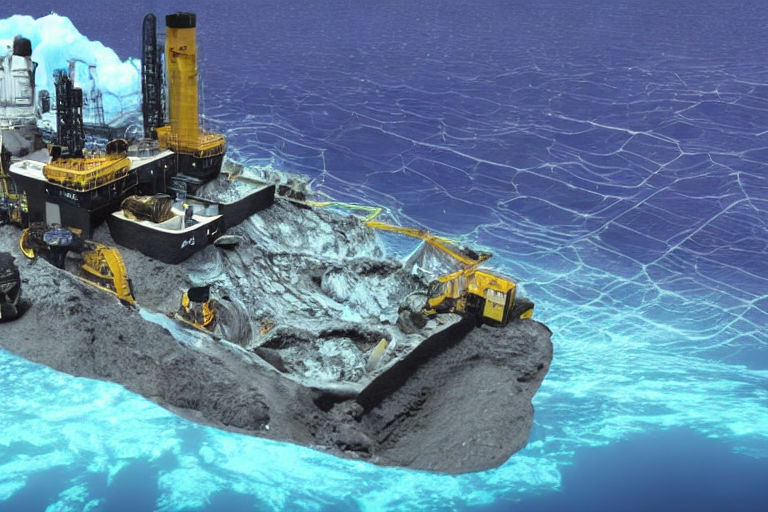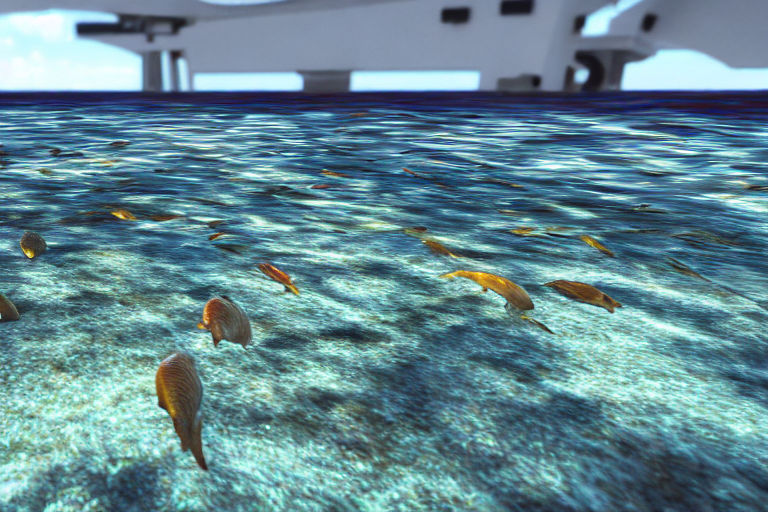Discovering the Depths of Our Oceans: Impacts on the Environment and Society
Oceans cover over 70% of our planet's surface and contain more than 97% of the Earth's water. Despite this, the ocean's depths remain largely unexplored, with only a fraction of it being studied. In recent years, there has been a growing interest in exploring the deepest and most remote parts of the ocean. But what are the impacts of this exploration on the environment and society?
Environmental Impacts
Exploring the depths of the ocean can have both positive and negative impacts on the environment. On the positive side, scientists can discover new species and ecosystems that have never been seen before. This knowledge can be used to better understand the ocean and its role in regulating the Earth's climate. Additionally, new technologies used to explore the ocean can help us monitor and track ocean pollution, allowing us to take better steps to prevent it.
However, on the negative side, exploring the depths of the ocean can also have negative environmental impacts. Expedition ships and equipment can damage sensitive seafloor habitats, disrupting the natural balance of marine life. Furthermore, the use of subsea mining and drilling equipment can also have devastating impacts on the fragile ecosystems of the deep sea, destroying habitats and endangering species.
Societal Impacts
Exploring the depths of the ocean can also have several impacts on society. As we discover more about the ocean, new economic opportunities can arise. For instance, the commercial use of seafloor resources such as minerals, precious metals, and hydrocarbons can become viable. Additionally, new knowledge gained through ocean exploration can provide important insights into the Earth's history and evolution.
However, there are also potential societal costs associated with exploring the ocean. For example, deep-sea mining can result in increased demand for minerals and metals, leading to increased mining operations on land that can have harmful impacts on the environment and human health. Furthermore, heightened pressures on existing marine resources can lead to overfishing and depletion of fish stocks, adversely affecting coastal communities that rely on fishing as a primary source of income.
Conclusion
In conclusion, exploring the depths of the ocean can have both positive and negative impacts on the environment and society. As ocean exploration continues to expand, it is vital that we carefully weigh the costs and benefits and ensure that we minimize negative environmental impacts and social costs.




